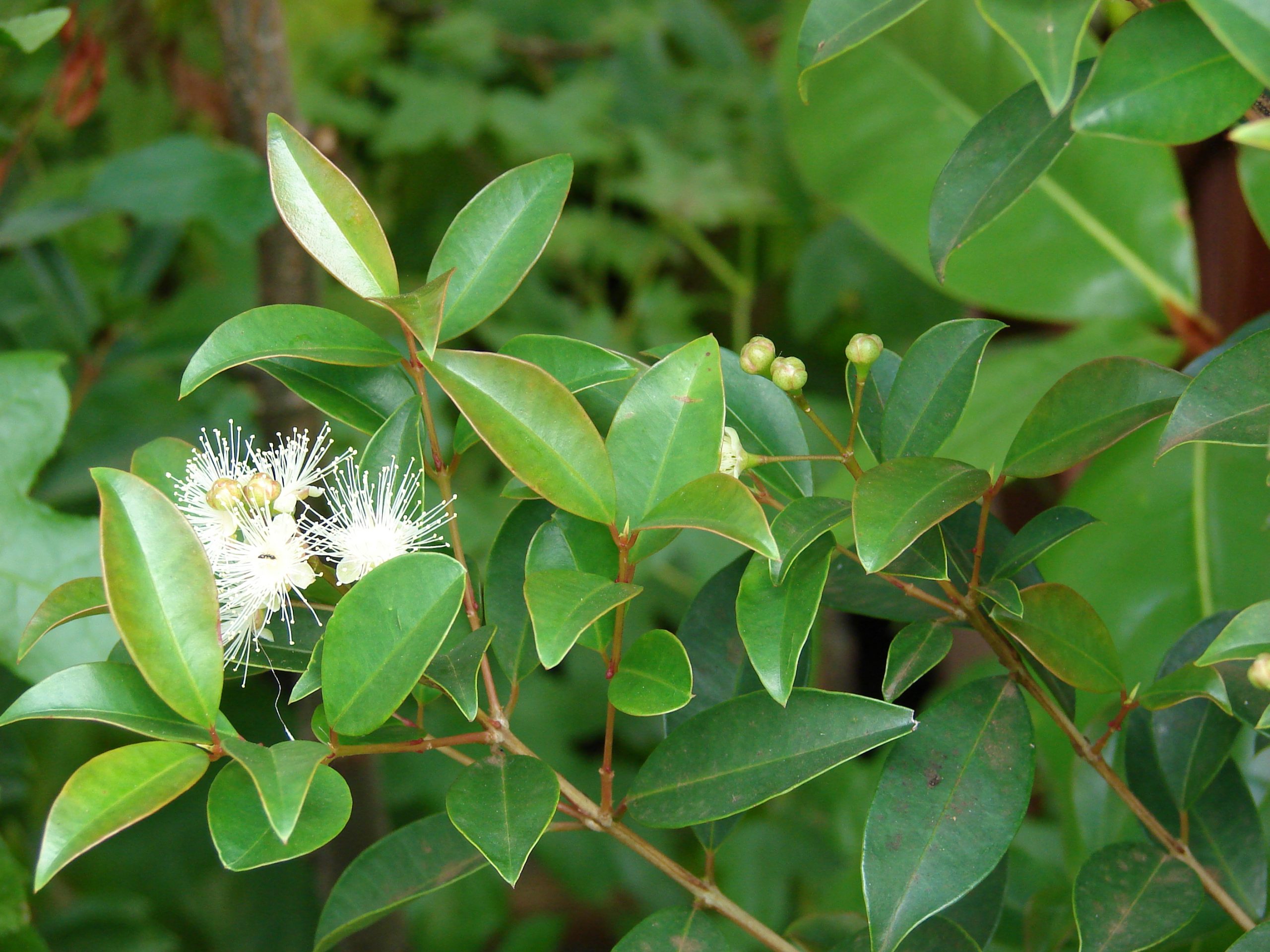Eugenia, a stunning member of the Myrtaceae family, is a versatile evergreen shrub known for its vibrant foliage and ornamental appeal. Native to the tropics and subtropics, particularly in tropical America and Australia, Eugenia can bring a touch of exotic elegance to your home garden. This perennial plant grows relatively easily, reaching heights of up to 1 to 1.5 meters in indoor conditions. With its rapid growth rate, it demands a bit of attention but rewards you with a lush and attractive appearance.
Understanding Eugenia’s Ideal Growing Conditions
Successfully cultivating Eugenia involves understanding its native environment and replicating those conditions as closely as possible. Here’s what you need to know:
Temperature and Humidity
Eugenia thrives in warm temperatures during the summer, enjoying what we typically consider room temperature. However, during winter months, it prefers a cooler environment ranging from 44.6°F to 64.4°F. Humidity is crucial for Eugenia’s growth; hence, positioning the plant in a pot over wet gravel can help maintain the necessary moisture levels. If indoor air is particularly dry, consider using a humidifier.
Lighting Needs
While Eugenia enjoys bright, sunny spots, it benefits from slight shading to protect it from direct sunlight, which could scorch its leaves. During shorter days, it can endure lower light conditions for brief periods, but it’s best to avoid such scenarios as much as possible to keep the plant vibrant.
Soil Requirements
The soil for Eugenia should be rich and acidic. You can either purchase pre-mixed potting soil intended for general purposes or prepare a custom mix. Combine one part garden soil, one part coarse sand or perlite, and one part wet peat or humus. Excellent drainage is essential, so ensure your pot has adequate drainage holes.
Watering and Fertilization
Eugenia requires regular watering with soft water, especially in the summer, when it should be watered abundantly at least once a week. During winter, reduce watering to every 7-10 days. Pay attention to the sheen of the foliage; a loss of gloss is a sign that the plant needs water. Overwatering can lead to root rot, so be cautious.
From spring to autumn, fertilize Eugenia every 3-4 weeks using a nitrogen- and potassium-rich complex fertilizer. Organic fertilizers can also benefit the plant, promoting healthier growth and foliage.
Propagation and Pruning
Propagating Eugenia can be a bit challenging but rewarding. You can use apical cuttings taken in summer with the soil temperature at around 77°F. Plant these in a mixture of peat and perlite, covering them with plastic film to retain humidity. Seeds sown between January and March can also propagate Eugenia, but they have a short viability span of only about a month, necessitating prompt use.
Regular pruning in spring is vital for maintaining a desirable shape; Eugenia can even be trained as a Bonsai. Consistent trimming encourages dense foliage and can prevent the plant from becoming leggy.
Transplanting and Common Issues
Young Eugenia plants should be transplanted every year in spring. As the plant matures, transplanting every 2-3 years is sufficient. Older Eugenia shrubs typically only need the top layer of soil refreshed rather than a full transplant.
Eugenia is susceptible to pests such as aphids, whiteflies, red spider mites, and mealybugs. Regular inspection and prompt treatment with suitable insecticides or natural pest control methods can keep these threats at bay. Adequate light is essential, as insufficient lighting can lead to elongated stems and paler leaves.
Eugenia is a charming addition to any indoor or outdoor garden, offering vibrancy and elegance. With the right care—adequate light, proper watering practices, and routine maintenance—it will thrive, providing an attractive and lush green atmosphere. Ensuring the right conditions and attention will reward you with a flourishing plant that’s not only a conversation starter but also a testament to your gardening prowess.






